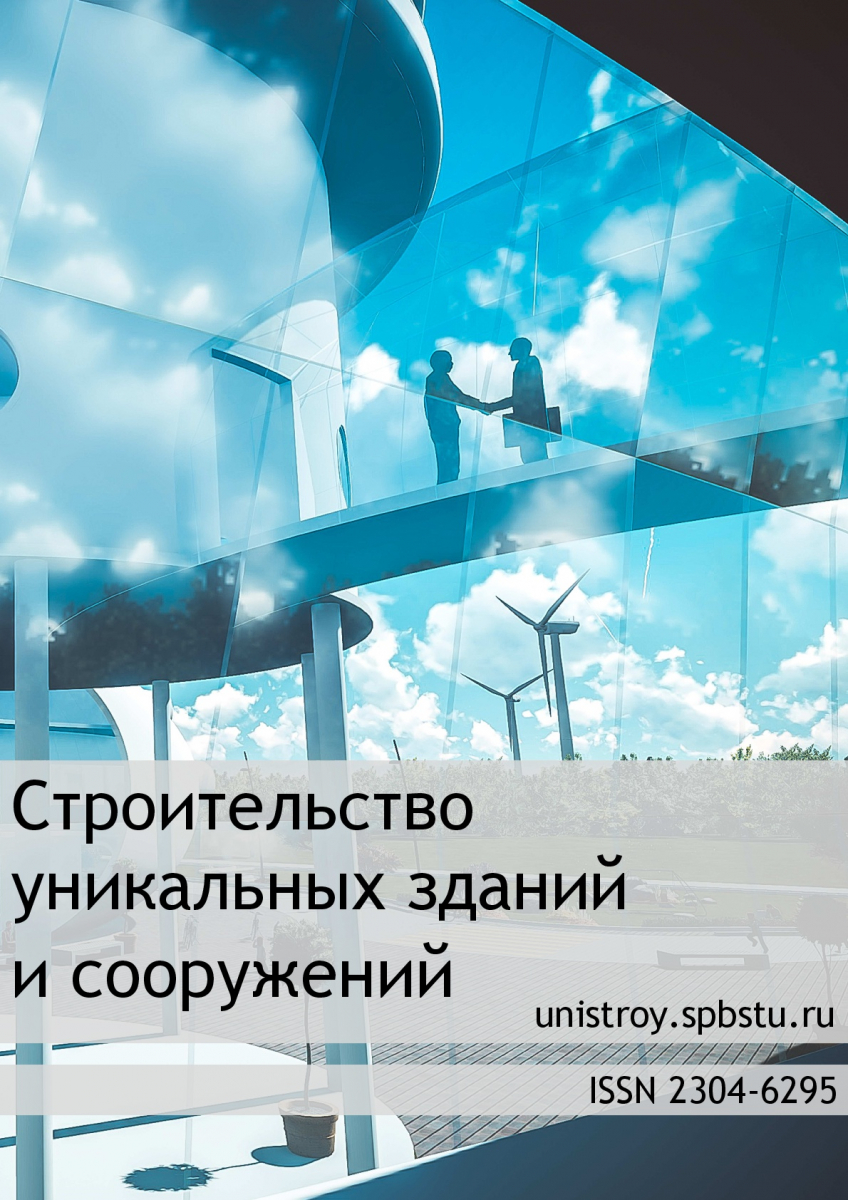Formation of the pavement frame from a granular redesign by compaction
The compaction of hot asphalt-concrete mixtures has several disadvantages. In turn, granular redesigns are deprived of these disadvantages but are little studied. The object of research is granular redesigns. This work aims to study the peculiarities of compaction of granular redesigns in the temperature range from 20 °C to 120 °C. The results of theoretical and experimental studies are presented, reflecting the peculiarities of forming the framework of the material obtained from granular redesigns using a known technological technique - compaction. Methods. Experimental studies were carried out using the traditional Russian Federation equipment for testing asphalt concrete mixtures. The uniaxial compressive strength of the samples at 20°C, water saturation, and water resistance after prolonged water saturation were measured. Results. While studying the compaction characteristics of granular redesigns (materials representing crushed stone with a shell of asphalt binder), it was found that overmixes are more effectively compacted than traditional asphalt concrete mixtures at significantly lower temperatures. The overmixes' effective compaction temperatures range from 20 °C to 120 °C. The established effect makes it possible to reduce the anthropogenic load on nature and reduce the volume of harmful emissions into the atmosphere due to the reduction of paving temperature. Compaction of the granular redesigns at the temperature of 80 °С, which is 40 °С less than the traditional temperatures of hot mixes compaction, allowed to obtain increased indices of strength (more than 3.00 MPa) and water resistance (water resistance coefficient Kv not less than 0.85). These results are in demand for the road industry and can be used to obtain new, more load-bearing, and durable road surfaces.
.png)


